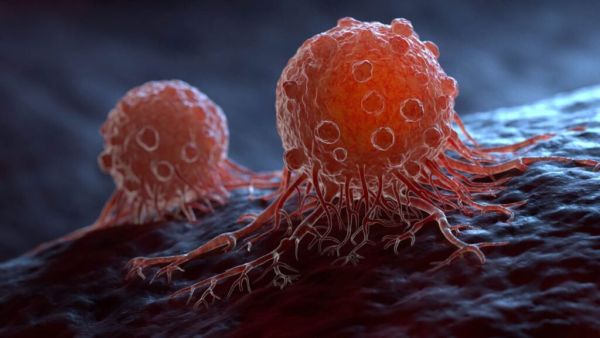
Stage 1 Cancer: Cancer is one of the serious diseases around the world whose patients are found in large numbers every year. Experts are continuously making efforts to eradicate this disease like cancer from its roots. There are techniques and therapies available for the treatment of cancer which avoid the risk of this disease. Often cancer is not detected at the right time, due to which the cancer reaches the second and third stages.
When cancer reaches the third and fourth stage, it has a bad effect on the body. Many times the patient loses his life even after getting treatment. Here we will talk about what is stage 1 of cancer and why cancer is not visible in the first stage itself.
What is stage 1 cancer?
This is the initial stage of cancer in which the cancer is in the form of a very small tumor which is not dangerous in any way. Here the cancer is limited to a single area, and has not spread to lymph nodes or other parts of the body. Even if the cancer spreads or goes into remission, it will still be characterized by the same stage at which it was diagnosed. The treatment for cancer of the same stage is often the same. For example, treatment for stage 1 cancer usually involves surgery.
Know what is staging and grading for stage 1 cancer
It is said that stage 1 cancer is quite small and how it has spread depends on its staging and grading system. Staging of cancer determines the extent to which it has grown and what is its position in the body. Here the TNM system is used to find out what level the cancer has reached. The type of tissue or cells affected in cancer is the possibility that surgery can remove part or all of the tumor. This occurs when cancer has grown in the body but has not spread to distant areas and has not grown deeply into nearby tissues. Many patients with stage 1 cancer survive for many years, provided the cancer is treated and managed.
Why is cancer not detected in its first stage?
As we know, in the first stage of cancer, cancer occurs in a small tumor which does not spread to the surrounding tissues and often its true symptoms are not visible. In many cases, early cancer, i.e. stage 1, consists of a group of abnormal cells that have not yet become a tumor. Furthermore, modern imaging techniques may not be able to detect small tumors.
These factors may be responsible
There are many reasons or factors responsible for stage 1 cancer not being diagnosed correctly.
Small Size: In stage 1 cancer, the tumor is very small and limited to one organ, and may be difficult to see on physical examination or on routine imaging tests.
Vague symptoms: Cancer often does not show any symptoms in its early stages. But even when symptoms do appear, they may feel like other common illnesses, such as fatigue or pain.
Limitations of Advanced Imaging: Some imaging techniques, such as ultrasound or MRI, may not be able to detect very small tumors until they reach a certain size.
Lack of regular checkups: If routine cancer screening such as mammogram (for breast cancer) is not done, stage 0 or stage 1 cancer is difficult to detect, especially when symptoms are not present.
How is cancer identified in the first stage?
Cancer is in a small form and cannot be identified easily, hence these methods should be adopted.
1- The best way to detect stage 0 or stage 1 cancer is to have regular cancer screenings. For this, you can adopt techniques like mammogram to avoid the risk of cancer, it is used to check breast cancer. Other imaging tests may detect abnormal cells or small tumors.
2- If you notice any unusual symptoms in this cancer and it does not get cured at the right time, then you should immediately consult a doctor.
Therefore, regular checkups and reporting any unusual symptoms to the doctor is most important to detect cancer at an early stage.
-
After AR Murugadoss’ remarks, Nikhil Dwivedi calls criticism of Salman Khan ‘overblown’

-
Meet actress who won a National Award at 11, career flourished, then found fame in…, destroyed her living, her name is…

-
Thousands sue Johnson & Johnson over 'hidden talcum powder cancer risks'

-
Thousands sue Johnson & Johnson over 'hidden talcum powder cancer risks'

-
Thousands sue Johnson & Johnson over 'hidden talcum powder cancer risks'
